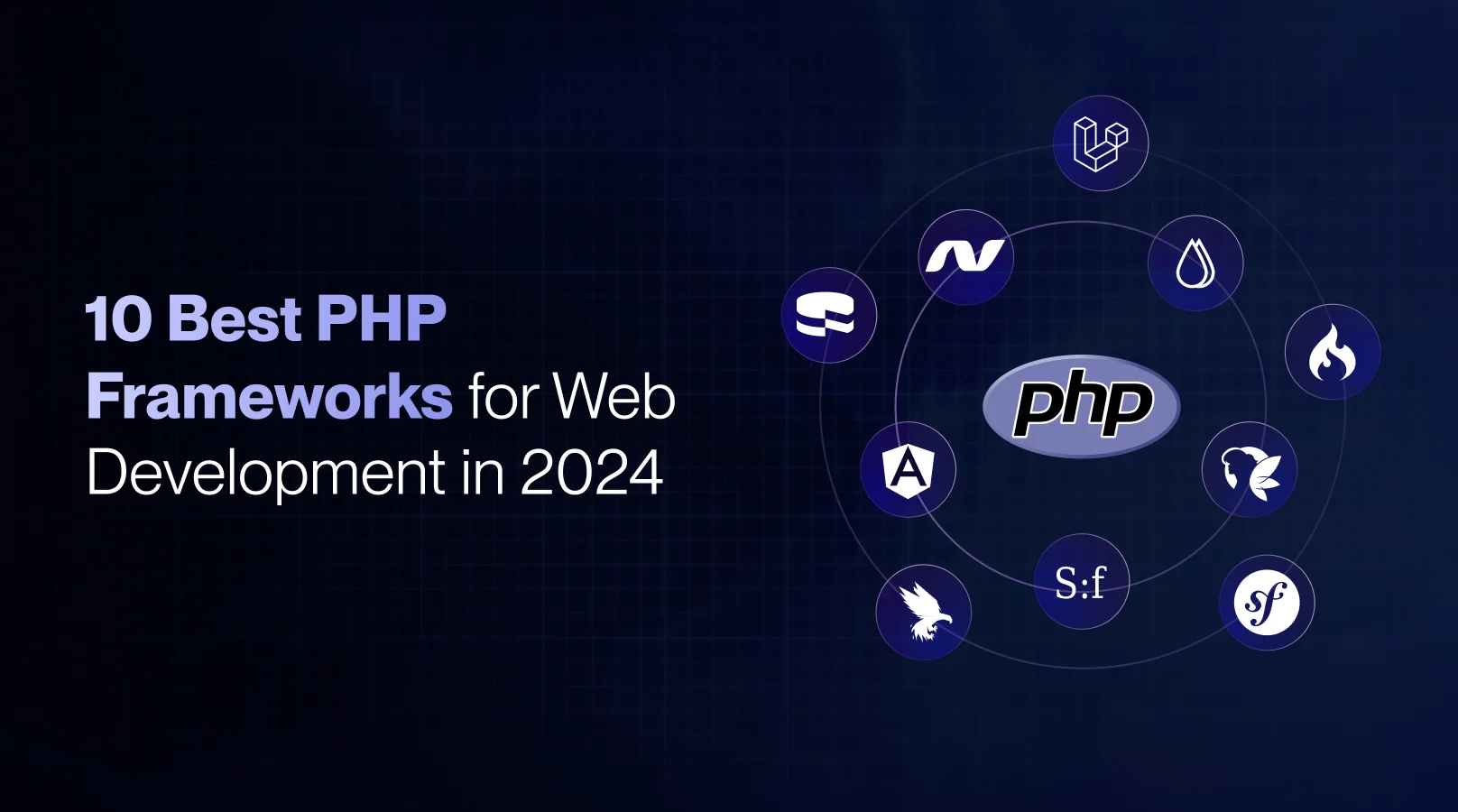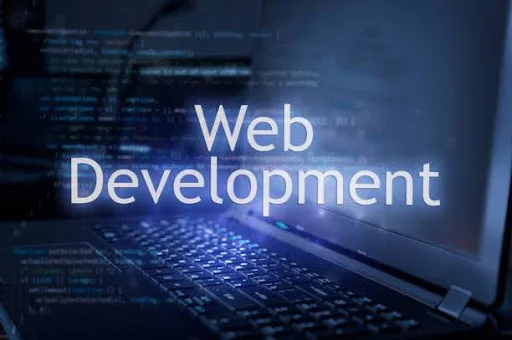 +1-510-730-3095
+1-510-730-3095
1.13 billion websites are on the internet right now in 2024 as per STATISTA. And the number of websites are increasing day by day rapidly, As more than 150k websites go live everyday. Firstly, These numbers are enough to show the popularity of website development around the globe. And more than 70% of websites are backed by PHP frameworks.

1.13 billion websites are on the internet right now in 2024 as per STATISTA. And the number of websites are increasing day by day rapidly, As more than 150k websites go live everyday.
Firstly, These numbers are enough to show the popularity of website development around the globe. And more than 70% of websites are backed by PHP frameworks. Secondly, these stats make it super clear that PHP frameworks are the most considered options while thinking about making websites. But the question is which PHP framework you should use. And which one is going to perfectly suit your requirement and your budget? And in this detailed post we covered 10 best PHP frameworks that you can consider for web development in 2024.
So, let's dive into this informative guide.
The below mentioned factors are very important to consider while choosing the best PHP framework, So, that you can choose the most efficient one as per your need. Because these factors would play a significant role in making a good decision and ultimately lead you to well-made websites.
There are some questions that you should ask yourself before considering a framework. Like
So, One of the first and amongst the most crucial aspects is to consider framework as per your requirement. Because your requirement is a small and simple website with basic or intermediate functionality. Than a lightweight option would be best for you. But if your requirement and the extent of the website is large and you want more advanced features and functionalities than a robust framework with better maintaining and organising features should be your choice ( Don't Worry I put the list of the frameworks where you can find the best for small and for big projects). So, making a decision as per the requirement would definitely help you save more time in managing and building the websites.
Choose a framework your team is familiar with and will be easier for them to work with. Because learning a new framework and then integrating it would be a difficult choice. But if they have familiarity with a framework and that framework would fit best as per your requirement then choosing that framework would save a lot of time.
Always consider the framework that has the ability to enhance the performance. Because enhanced performance means a better user experience, And that is your main goal right?
While selecting a framework, make sure to think about the scalability. And by scalability I mean that your plan to scale the website. Some frameworks are built to support small projects. So, you shouldn't be choosing them if you are planning to make a scalable website with complex features and functionalities.
You should only consider the framework for which has a larger community support, Regular updates and Maintenance documentation. So, if you face any challenge while making the website, you can easily get it fixed, Get support and enhance the performance of it.
Ensuring that you choose a good support and maintenance framework would help you build a strong base for your websites and you'll eventually be able to make a better and long-term website for your customers.
When making your final decision about the framework check their licensing policies and cost. So that you can understand the expense and the usability limitations of the framework.
Now, That you've a good understanding of what to consider while choosing the best PHP framework. So, let's talk about the list of the best frameworks.
Any website developer would definitely know about this efficient PHP framework. As amongst the top 10k websites it is being used in more than 700k websites. This PHP framework is undoubtedly the most popular in the list.
Laravel is easy to learn and provides the scalability in websites like complex features and functionalities can easily be achieved. And because of its ease to code and excellent performance for complex projects. This is a go-to option for most of the website developers.
Website developers recommend this framework because of its user-friendly environment and advanced features. It has reusable PHP libraries which makes the process of Routing, Form creation, And templating easier. Its learning curve is also steep. But the number of its community is getting bigger, And a newbie can find pretty good learning materials in unofficial community groups.
Yii 2 is perfect for large-scale modern website development needs and it has a direct competition with Symfony 2. But it is easier to learn.
When developers need fast results they prefer using this framework. Its excellent working with AJAX makes it more prominent. It also eliminates the need of repetitive SQL queries and helps build an efficient website with ease.
A free and very versatile option for personal and for commercial use. It is attracting web developers and is gaining popularity because of its easy testing abilities.
One of the very popular frameworks of PHP that is known for its incredible features and incredibly quick project development. It's a lightweight and fast framework that has user-friendly libraries. As, this framework is considered very prominent for small scale websites.
A framework that is known for its reusable and scalable components. Its an open source, Object Oriented framework and provides robust features for secure software.
A framework that's coding style is inspired by C and C++, Offers advanced features, like caching, Universal Autoloader, And Asset Management. It is also user-friendly in interface which makes it a pretty handful option for web apps.
A PHP framework that is popular for its simple API development process, And enhanced features which makes it a powerful option for web apps.
This framework is ideal for small scale web apps as it provides features including, Cookie, Encryption, URL and routing etc.
FeulPHP supports both MVC and HMVC patterns, Its incredible URL filtering and security features makes it a perfect choice for making comprehensive web apps.
A PHP framework that is designed for making enhanced web apps. It's a full-stack and high-performing PHP framework. It also gets updates frequently and has an active community support.
This blog post has the information related to the top 10 PHP frameworks that you can consider for web development in 2024 with their Pros and Cons for you to make a better decision.
Get in-depth information of different aspects and information of modern tech.

A strong online presence is vital for success. Every modern business needs a web...
Learn More
.webp)
A strong digital presence is no longer optional. Every modern business needs a p...
Learn More

1.13 billion websites are on the internet right now in 2024 as per STATISTA. And...
Learn More